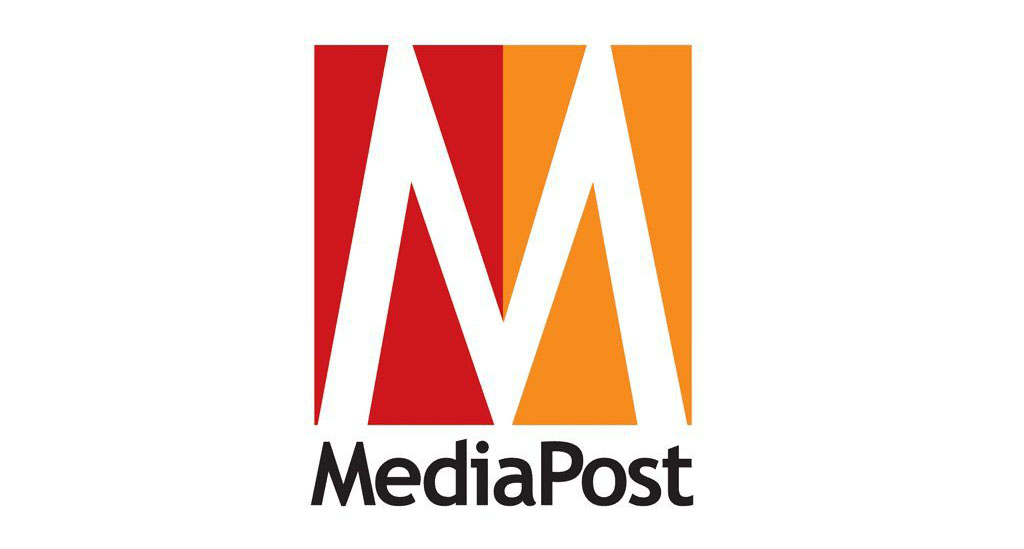by Anabela Bonuccelli
Source: www.mediapost.com, November 2023
As the ad industry continues to grapple with the best ways to connect with multicultural audiences, there’s clearly still more work to be done. What many marketers are missing is that reaching out to multicultural audiences means more than just thinking about ethnicity — it’s about identity. As an industry, we have to find ways to help brands engage with people of diverse identities in a truly meaningful way. To do that effectively, there are a few things to keep in mind.
Multicultural marketing is mainstream marketing. With multicultural consumers making up more than 40% of the U.S. population and $3.9 trillion in spending power, brands should adapt their mindset and stop thinking about general market and multicultural marketing separately. Today, brands need to think and plan for an “integrated market” inclusive of all identities.
Representation is fundamental, and although mass media allows brands to maximize their reach within their target, being present in diverse media outlets will help brands connect better to these minorities. This will enable brands to become more meaningful, and, in consequence, will maximize profit because it’s proven that the more meaningful the brand is, the better the business performs.
Be intentional! Begin with a strategy that gives you meaningful reasons to connect with multicultural audiences and make sure you are aligned at every level within your organization.
Simply translating your ad isn’t inherently bad, but will it meaningfully connect with your intended audience? You’ll see greater success through intentional creative that speaks directly to your multicultural consumers and inspires brand loyalty through those genuine communications.
Invest in research, understand cultural insights, passions, and habits to connect in a more meaningful, and relevant context. Set clear KPI’s, be open to learning, trying new things, and always measure results.
It’s important to formalize creative development processes and find new ways of teaming up internally to bring new voices to the table. Use your existing employee resource groups and DE&I resources.
Multicultural means authentic representation. Brands with purpose have strong strategies and are considered a powerhouse when it comes to multicultural audiences. The ability to match and translate the brand’s values with those of the general and diverse audiences generates great results for branding and business.
Consumers have high expectations for the brands they engage with. In our 2023 Meaningful Brands study, we found that 71% of respondents think companies and brands should be doing more to improve and support their personal health and well-being. We also know that consumers are skeptical of brands who claim to have altruistic or humanitarian intentions.
Multicultural voices are everywhere, and they all need and deserve to be heard. People must always be front and center. It’s time to embrace the nuances and go beyond stereotypes, and that begins with the customers.
There’s diversity within the diversity. One size has never fit all — and that’s especially true for multicultural audiences. It’s vital to be both in-language and in-culture for your multicultural consumers.
Becoming inclusive thinkers and marketers starts with an inclusive brief and being open to taking risks. Make sure your advertising (both owned and paid) has the right representation and is culturally relevant, avoiding any types of stereotypes.
We are a multicultural country and that is part of our strength — one that can certainly become part of your brand when you incentivize and nurture diverse thinking into your integrated marketing and communication strategies.

